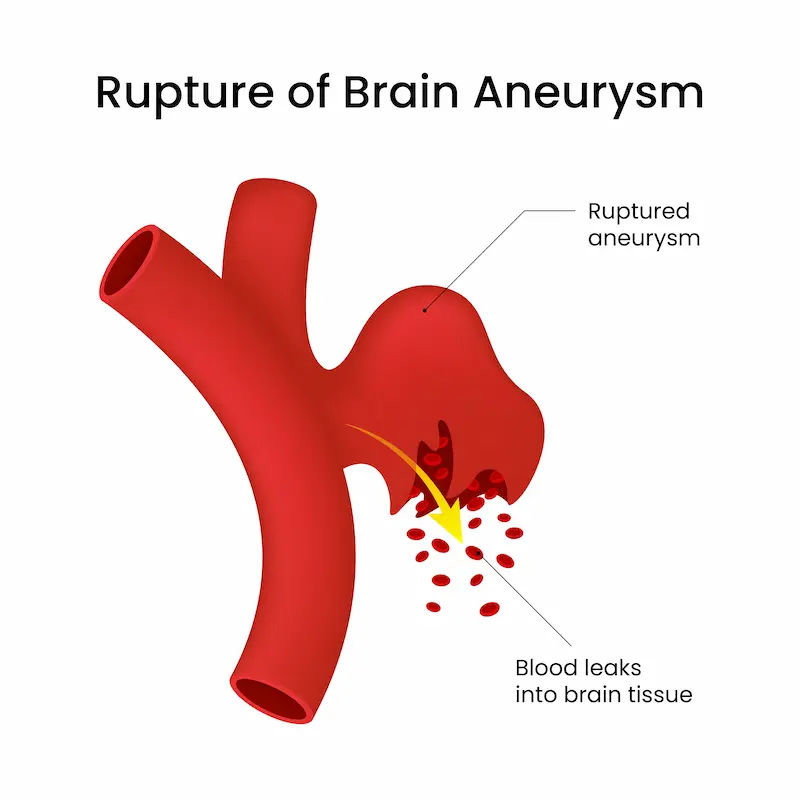- male
- 50 Years
- 14/08/2025
I had a TLIF surgery for my lumbar spine a year ago but still have constant pain that won't go away even after doing all the recommended exercises. I can't walk for more than 10 minutes, and the pain shoots down my legs just like before the surgery. I also struggle to bend beyond a slight angle. My post-op MRI report is available what could be causing this, and how can I finally get relief?
Answered by 1 Apollo Doctors
Persistent pain a year after TLIF surgery, including radiating leg pain and limited mobility, could indicate several issues like failed fusion, nerve problems, or adjacent segment disease. To determine the cause and find relief, a thorough evaluation, including your post-op MRI, is crucial
Dr. Kamran Suggests...
Consult a Neurosurgeon
Answered 14/08/2025
0
0

More Neurosurgery Health Queries
View allMy MRI report shows diffuse disc bulge at L4-L5 and L5-S1 with foraminal protrusion, annular tears, and nerve compression. The canal is narrowed to 9.4mm at L5-S1. Can this be managed with physiotherapy and exercise, or is surgery necessary? I'm worried about the nerve compression and whether conservative treatment would be enough.
It's understandable to be concerned about the nerve compression and whether physiotherapy and exercise are enough for your L4-L5 and L5-S1 disc bulges, especially with the narrowed canal at L5-S1. While physiotherapy is often the first line of treatment, surgical intervention might be necessary depending on the severity of your symptoms and the effectiveness of conservative approaches
Answered by 1 Apollo Doctors
I had a D12 fracture with acute spinal cord injury a month ago and had surgery but still can't feel when my bladder is full or when I need to pass stool. Is this normal after surgery or should I be concerned about nerve damage? What can I do to manage these symptoms?
It's common to experience bladder dysfunction, including an inability to sense bladder fullness, after a D12 spinal cord injury and surgery. This is often due to spinal shock, which can affect the autonomic nervous system and disrupt bladder control. It's important to consult with your healthcare provider for a comprehensive evaluation and management plan for your bladder function.
Answered by 1 Apollo Doctors
I'm 26 and I recently had an MRI done that shows I've got diffuse annular bulging at L5S1. It mentions minimal compression of the thecal sac. I'm really concerned and a bit confused about what this all means for me. What should I be doing next? Is this something I need to worry a lot about?
The diffuse annular bulging at L5S1 causing minimal thecal sac compression can be managed conservatively initially. You can take over-the-counter pain relievers like Acetaminophen or Ibuprofen for pain management. Additionally, physical therapy and exercises focusing on strengthening the core muscles can help alleviate symptoms. In some cases, muscle relaxants like Cyclobenzaprine may be prescribed to help with muscle spasms. If the pain persists, your doctor may consider prescribing stronger medications like Tramadol. Remember to follow up with your healthcare provider for further evaluation and management.
Answered by 1 Apollo Doctors
Disclaimer: Answers on Apollo 247 are not intended to replace your doctor advice. Always seek help of a professional doctor in case of an medical emergency or ailment.



